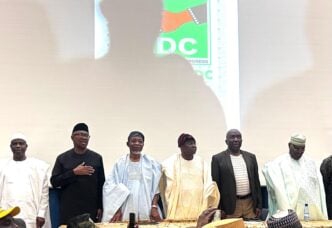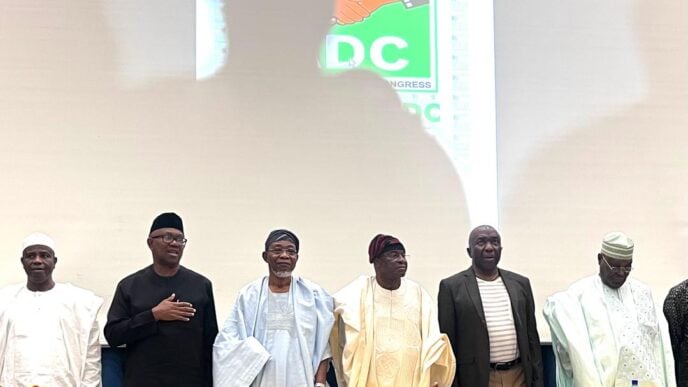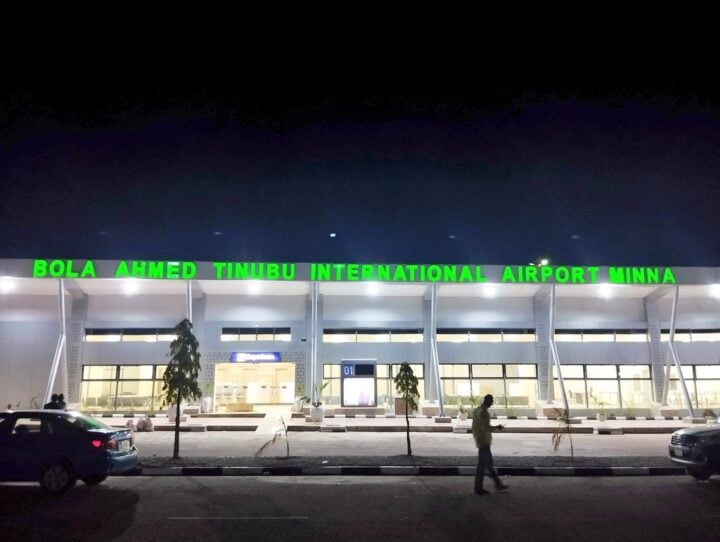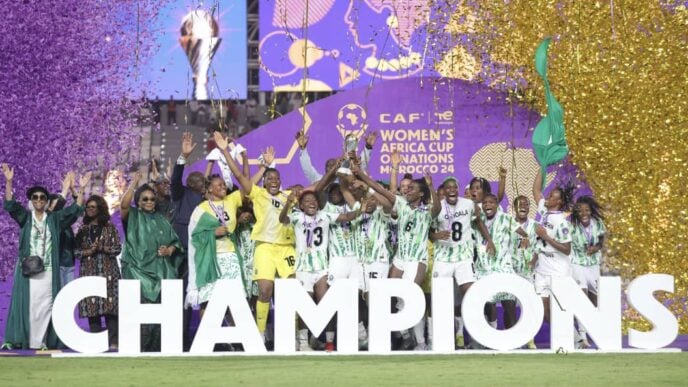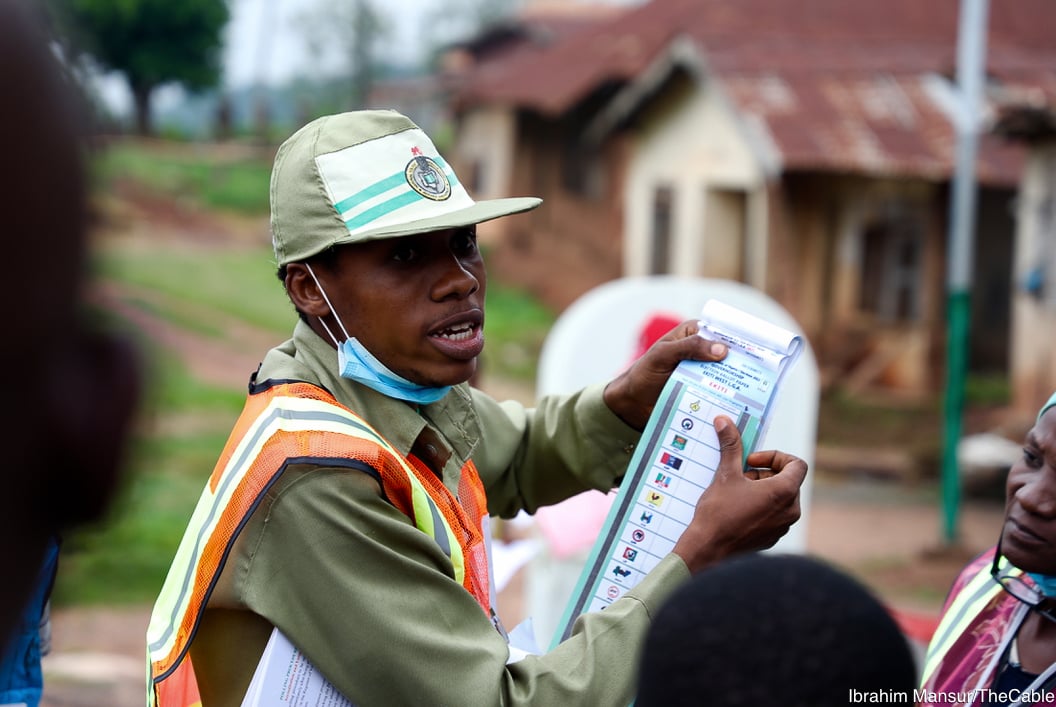Bola Tinubu
How time flies! In the next few hours, it would be another August 1 in the life of the Tinubu administration. Last year, the day should have been just another, but for the fact that it was a day marked for a big activity to register the deprivation that had enveloped the country in the previous 15 months since President Bola Tinubu was sworn in on May 29, 2023.
Not since the time of Shehu Shagari’s presidency in the early 1980s has the vast majority of Nigerians experienced such debilitating social dislocation. As D-Day approached, it could be felt everywhere. The signs were unmistakable. Notices were served by the protesters; even direct threats were issued. But it seemed the administration was too carried away in its own self-glory to be wary.
Despite the notices and threats, the Nigerian Police Force was still caught napping, although the force had issued warnings to the protest organisers to shelve their plans. In states where the protesters turned violent, the police were clearly overwhelmed, resorting only to making indiscriminate arrests of the protesters and herding them into detention to simulate some control over the mayhem. It was curious enough that a force that claimed to have intelligence days before the protest could be so worsted in countering the protest in the most efficient way.
Not surprisingly, the police immediately resorted to looking for scapegoats even before the protest subsided. Even though identifying the scapegoats should not have been a hard job, the police authorities made a mess of it. On August 7, operatives of the force raided the offices of the Nigeria Labour Congress (NLC) in Abuja, purportedly looking for documents with which to incriminate the labour unionists for inciting the protest. In a Gestapo fashion, they carted away files and other documents in the absence of any union official at the building; only to explain shortly after, under pressure, that the operation aimed to arrest an international subversive individual who was considered a threat to Nigeria’s democracy but was at the time being harboured in the building.
Advertisement
NLC’s Head of Communications and Corporate Affairs, Benson Upah, swiftly described the police explanation as laughable, challenging the force to show proof of any relationship between the labour union and the alleged criminal. Almost one year later, the police have yet to show the proof, which still calls into question the intelligence it worked on to determine that the suspect resided in the raided building.
By August 19, the police served an invitation on the NLC President, Comrade Joe Ajaero, to appear at the Intelligence Response Team (IRT) office in Abuja for investigation over allegations of terrorism financing, treasonable felony, cybercrime, and other related offences. To be sure, it is within the police’s right to invite any citizen for questioning. But the invitation that was signed by ACP Adamu Muazu on behalf of the Deputy Commissioner of Police at the IRT office was laced with a naked threat, warning that Ajaero risked arrest if he failed to honour the invitation. It was as if Ajaero, rather than the aforementioned subversive element, had become the prime suspect that must be put out of circulation.
By August 21, the heat had turned on the police as Amnesty International strongly condemned the force on the terrorism-related allegations levelled against the NLC president, the world body’s office in Nigeria describing the allegations as an attempt by the Federal Government to silence the union’s right to question governmental policies that affected the Nigerian workers.
Advertisement
The police force emerged from the episode with its already sagging image further battered, with its personnel obviously needing continuous training on how their duties should be carried out in a democracy.
Not to be forgotten, however, the ugly situation had yielded ground to crass opportunism: On August 9, while the Hunger Protest heat was on, a group of individuals by the name “The Patriots” met President Tinubu at the Aso Villa, Abuja. At first, it seemed their mission was solely to solidarize with Mr. President in response to the protest. The coincidence added to the group’s name to give the members away as being on a sympathy tour. But their mission was totally different. Although they called themselves “a non-partisan group of eminent Nigerians,” the Patriots urged Tinubu to “convene a National Constituent Assembly to produce a people’s democratic constitution” for the country. It had always been bruited in public discourses and other fora that the constitution under which Nigeria has operated since the return to democracy on May 29, 1999, is a “military constitution”. Now, there you have it! A new constitution is required if Nigeria is to move forward.
At the head of the Patriots’ team was former Commonwealth secretary-general, Chief Emeka Anyaoku, with the others including former governor of Ogun State, Chief Olusegun Osoba; a former senator and activist, Shehu Sani; a senior lawyer, Mike Ozekhome; and a former minister, Mr. Labaran Maku. As Anyaoku briefed the State House correspondents shortly after the meeting, he said: “Nigeria is a pluralistic country, and you know that pluralistic countries exist all over the world. Those of them that address their pluralism by having true federal constitutions have survived. The examples are India and Canada. But those pluralistic countries that failed to address their basic challenge of pluralism through a federal constitution have ended up disintegrating. Examples of that are Yugoslavia, Czechoslovakia, and Sudan.” Curiously, however, Anyaoku glossed over why the constitution was not working and why it could not work. He equally glossed over the cost involved in producing a new constitution in these dire times. Incredible! It is just as well that the Patriots were not heard again when they relaunched their quest for what they called “people’s constitution”, even though a plethora of urgent national matters are requiring their intervention. Or could they have dissolved after their 2024 quest and every member gone his way, only to regroup again this time?
Meanwhile, as the protest ebbed on August 16, elder citizen and eminent lawyer, Chief Afe Babalola, delivered what is to this day the most damning verdict on the Tinubu administration: “It is wrong for the Federal Government to be sharing garri, beans, and rice as palliatives. The government is turning the people into beggars. A government that revels in this practice is leading the people to poverty.” There was scant assurance that the message in Babalola’s verdict sank in. The givers of the palliatives have yet to substitute their subversive generosity with ingenuity.
Advertisement
Views expressed by contributors are strictly personal and not of TheCable.



